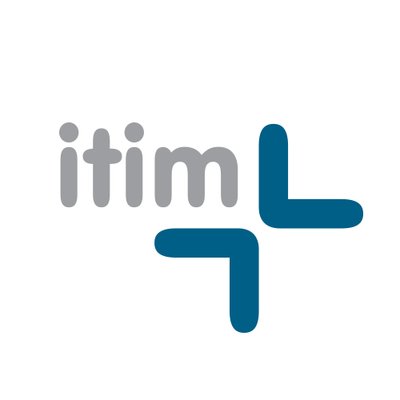A hum runs beneath the polished floors of today’s retail giants, a whisper of algorithms shaping everything from stockroom logistics to the final click at checkout. It’s not the blare of a new marketing campaign or the glint of fresh window displays that has captured boardroom attention, but the subtle integration of generative and agentic artificial intelligence brushing up against every facet of commerce. Investors peering beyond quarterly figures sense the contours of a deeper transformation, one where the tools that write product descriptions today could recalibrate customer journeys and operational efficiency tomorrow.
Amid this undercurrent of technological fervour, more than half of global retail organisations have quietly ramped up their outlays on generative AI in the past twelve months. That shift has not been confined to well-heeled online storefronts; brick-and-mortar incumbents and omnichannel disruptors alike are testing the waters. Early adopters have trained these models to craft tailored marketing copy, anticipate purchase patterns and even field customer enquiries in real time. As investors weigh capital allocations for the coming fiscal year, they are taking note of the way these digital artisans are being woven into balance sheets and long-term roadmaps.
Yet while generative AI captures headlines for its flair in content creation, a parallel advancement in agentic systems is unfolding behind the scenes. Nearly one in five retailers has now introduced AI agents or multi-agent frameworks to handle intricate back-office tasks. These systems can juggle billing reconciliations, dynamic pricing adjustments and inventory synchronisation, reducing reliance on manual oversight. The synergy of generative and agentic AI suggests a modular future where front-end experiences and back-end efficiencies dovetail, unlocking new operational levers. For those evaluating enterprise risk, the trajectory signals not only potential uplift in productivity but also an imperative to guard against overreliance on opaque algorithms.
Not every experiment has been seamless. A recent survey of organisations tracking their AI investments revealed that just under half expect to see positive returns within one to three years. That timeline reflects the cautious optimism of executives harnessing nascent technologies in a landscape where consumer trust can be fragile. Reports caution that while automated shopping assistants can expedite discovery, some customers recoil at the prospect of algorithmic recommendations intruding on personal data. As governance frameworks and transparency protocols evolve, retailers face a balancing act: to harness AI’s efficiency gains without undermining the trust that underpins repeat business.
Global names have already begun to illustrate this tightrope. A leading fast-fashion brand deployed an AI-driven human resources assistant that slashed time-to-hire by more than forty per cent while cutting staff turnover. That single deployment shifted cost structures and offered a glimpse of how internal processes could be reimagined. Meanwhile, a supermarket chain rolled out a generative shopping aide that summarises product reviews and tailors meal suggestions, embedding conversational AI into the consumer journey. On the payments front, both established card networks and fintech upstarts are racing to develop personal shopping agents capable of guiding transactions and flagging fraudulent activity. Each of these deployments represents an incremental step toward an ecosystem where algorithmic proficiency underlies every interaction.
For investors, the question is not simply which retailer will lead the next earnings cycle, but which will architect the infrastructure most adaptable to successive waves of AI innovation. Capital commitments to cloud computing, data engineering and talent acquisition today will shape competitive moats for years to come. Early signs suggest those who establish robust data governance and developer pipelines will enjoy both pricing power and brand loyalty. Conversely, firms slow to embrace these systems risk ceding ground to more agile competitors that marshal AI as a strategic asset rather than a mere cost centre.
As generative and agentic AI technologies mature, the ripples will extend beyond customer-facing conveniences. Supply chains may acquire predictive clarity that slashes waste, while dynamic pricing engines could enable real-time margin optimisation across regions. Inventory financing could become contingent on algorithmic forecasts, altering working-capital cycles. And labour models may shift as routine tasks migrate from spreadsheets to software, refashioning workforce composition and cost structures. These implications underscore why astute investors view AI spending not as a discretionary line item but as an investment in future resilience.
itim Group plc (LON:ITIM) is a SaaS-based technology company that enables store-based retailers to optimise their businesses to improve financial performance and effectively compete with online competitors. Itim adds retail value by helping multi-channel retailers optimise their business and their stores to improve financial performance and compete more effectively with the “Amazons”.




































